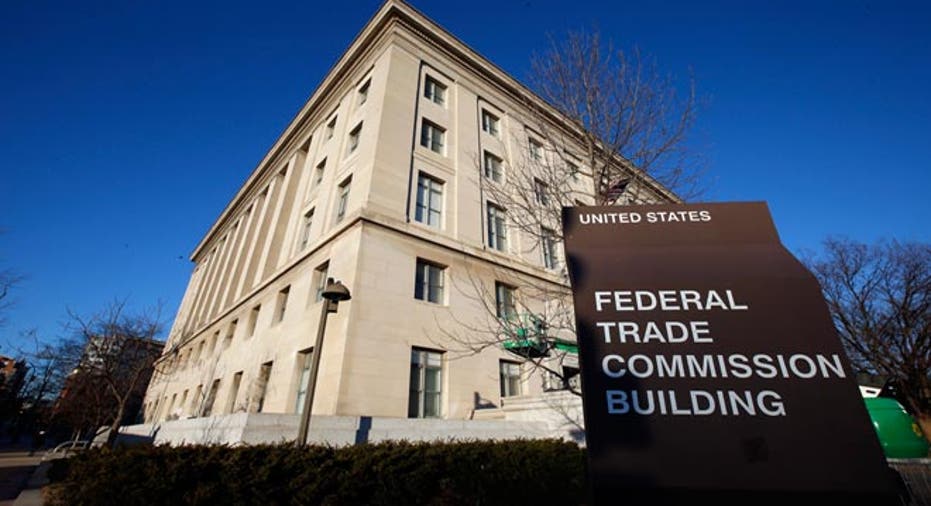Feds Say ID Protector LifeLock Violated $12M Settlement

NEW YORK – The U.S. government says identity theft protection company LifeLock spent years violating a $12 million settlement for misrepresenting the protection it provides for customers.
Four years after LifeLock paid the eight-figure settlement related to false claims in its advertising, the Federal Trade Commission said LifeLock still had not set up a comprehensive program to protect sensitive data like credit card numbers, Social Security numbers and bank account numbers.
The agency also said that LifeLock didn't keep records it had agreed to maintain and falsely advertised that consumers' data received the same level of protection as financial institutions get and that consumers would be alerted as soon as the company discovered a potential problem. The FTC asked a court to find LifeLock in contempt and to order LifeLock to provide redress to consumers.
LifeLock said the FTC's actions and statements are related to past business practices and that it is prepared to defend itself in court. The Tempe, Arizona-based company said it has been cooperating and talking to the agency for a year and a half.
The FTC said LifeLock violated parts of the order as recently as December 2014 by telling consumers they would be notified as soon as the company became aware of a possible problem. LifeLock's website now says consumers can get alerts by email, text or phone but does not specify a time frame for the alerts. It said the fastest alerts require a current email address and that phone alerts are only available during business hours.
Shares of LifeLock Inc. tumbled 49 percent to finish at $8.15 on Tuesday. During the session the shares fell to $7.70, their lowest price since December 2012.
Company co-founder and CEO Todd Davis used to put his own social security number on business cards and company trucks to advertise LifeLock's services, and the company has seen its revenue climb as companies and government institutions continued to report data breaches.
The company's standard plan costs $9.99 a month plus sales tax, and LifeLock says its features include surveillance of black market sites, verification of address changes, live member support. Its top plan costs $29.99 a month. According to LifeLock's website, that plan offers notification of data breaches, monitoring of fictitious identities, alerts of credit inquiries and scanning of court records.
In March of 2010, LifeLock agreed to pay $12 million, make changes to its business practices and refrain from false advertising claims as part of a settlement with the FTC and 35 states. Most of the money was used to cover the cost of customer refunds.
LifeLock said its revenue rose 25 percent in the first quarter and said it set a record for gross new member growth, giving it 3.9 million members as of March 31. The company is forecasting $584 million to $590 million in revenue in 2015. That's more than twice its revenue from 2012, the year it went public.



















